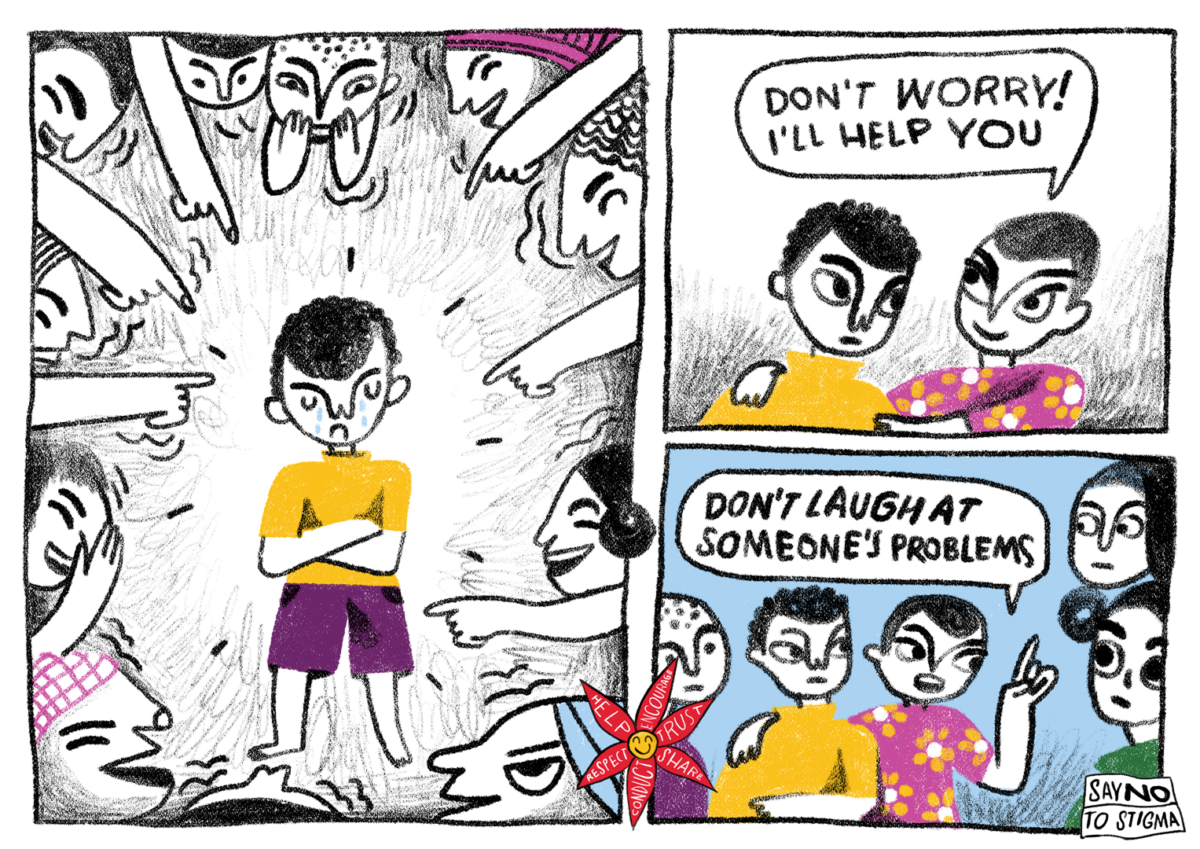Penina Laker
Assistant Professor
Washington University in St Louis
Children in Sub-Saharan Africa (SSA) comprise 50% of the total regional population, yet current mental health services are severely under-equipped to meet their needs. Uganda, an SSA country, reports 12 to 29% of children presenting mental health symptoms when screened in primary care clinics. There are widespread misconceptions towards mental illness as well as stigmatization of people with mental illnesses in Sub-Saharan Africa countries like Uganda which reports 12 to 29% of children presenting mental health symptoms when screened in primary care clinics. Common misconceptions include fears of contagion as well as perceptions that people are responsible for their illness and are dangerous.
Furthermore, young people are particularly worried about being seen as “crazy” or “mad” by their friends and significant others, which results in little or no intention to seek help. While Ugandan schools use visual messaging and signage to bring awareness about sexual risk behavior and HIV/AIDS knowledge and prevention, no such strategies have been adopted to address mental health related stigma. Since the early 19th century, images have had a deep history that is closely linked to perpetuating stereotypes associated with the portrayal and treatment of mental health related issues. However, when closely developed with the primary audience, images are capable of educating and bringing awareness to complex narratives associated with mental health related challenges.
This interdisciplinary pilot research study explores a three-phased collaborative process involving focus groups and extensive co-creation workshops with children and teachers working in a public primary school in the Masaka region of Uganda to develop culturally relevant visual solutions addressing mental health stigma. This collaboration combines social work’s commitment to mental health intervention research in low-resource communities with communication design’s strength in using design research techniques to address social problems, with the goal of developing stakeholder-informed visuals through a participatory process to improve mental health awareness and decrease stigma.
This design research was presented at Design Incubation Colloquium 9.1: Kent State University on Saturday, October 15, 2022.
